Lyft will soon begin a limited test of self-driving cars for passengers in the San Francisco Bay Area, targeting one of the most important ridesharing markets.
The company is partnerning with a startup called Drive.ai, which will initially supply a small number of vehicles, Reuters said on Thursday. Passengers will have to specifically opt into the program, and each car will still have a human backup driver.
As a tradeoff, though, self-driving rides will be free, since Lyft's main goal is to gauge passenger reactions, and Drive.ai is hoping to perform more testing and refine its software. The latter company will also be supplying its own mapping data. It's not known when the first rides will begin.
Lyft is a relatively late entry into self-driving systems, especially since its chief U.S. rival — Uber — has been testing on roads in Pennsylvania and Arizona for some time. In July however it announced the creation of a dedicated division, including a Palo Alto facility that will play home to hundreds of engineers.
It's also partnering with companies like Waymo, Jaguar Land Rover, and General Motors, and by the end of 2017 should launch a pilot program in Boston, run with the help of Nutonomy.
Apple's own autonomous tech may be aimed at the ridehailing market, likely in partnership with outside firms. Self-driving cars are expected to be too expensive for most people to own at first, and app-based services could be a natural fit for the iPhone maker.
 Roger Fingas
Roger Fingas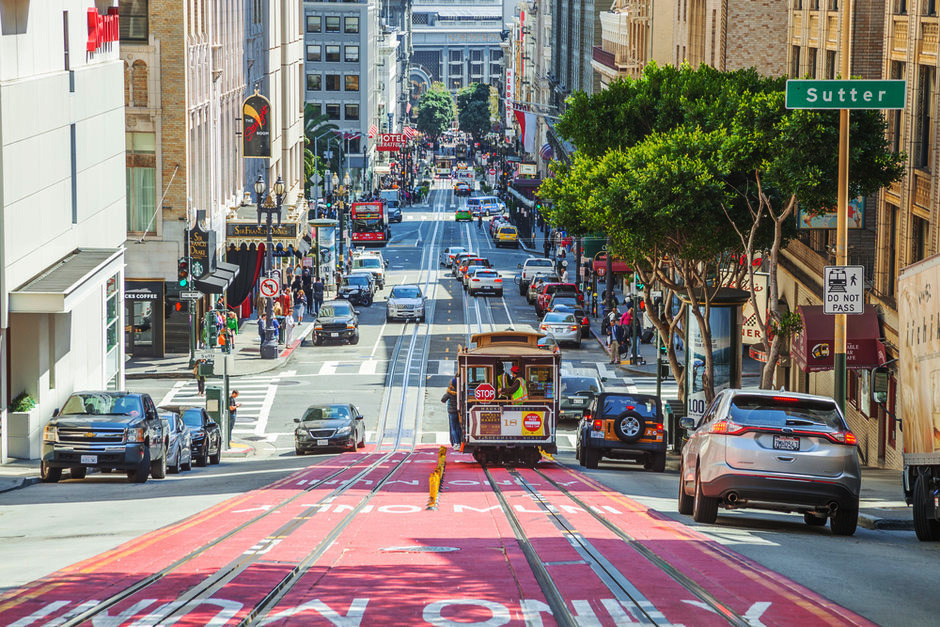
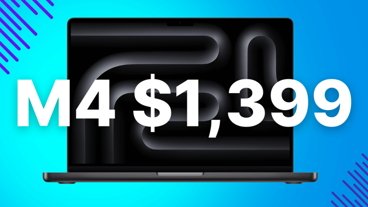







 Sponsored Content
Sponsored Content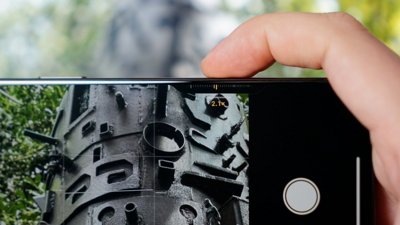
 Charles Martin
Charles Martin
 Christine McKee
Christine McKee
 Malcolm Owen
Malcolm Owen



 Amber Neely
Amber Neely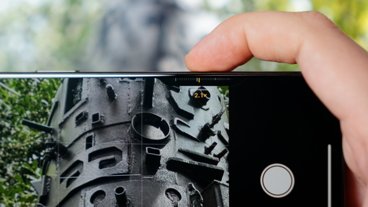
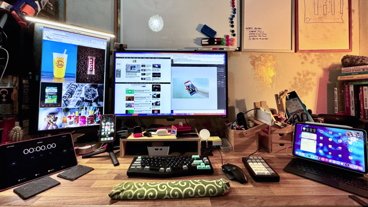







2 Comments
The demo video @ the drive.ai website it impressive: during night and rainy conditions the car is fully able to detect road & lane boundaries for safe navigation.
I don't understand Apple's business model if they choose to enter this space. (a) they don't want to build their own vehicle, (b) the major car manufacturers are already building their own autonomy solutions, and (c) the major ride-sharing providers already have solutions in beta. I'm sure there's an answer, but I don't (yet) see it.